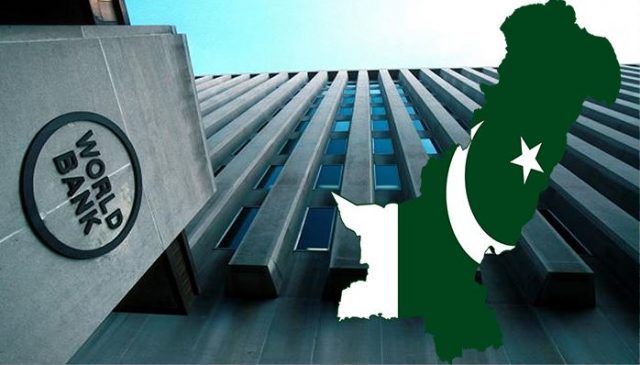The federal government has requested the World Bank to restructure and extend the Punjab Human Capital Investment Project (PHCIP), worth $200 million, by one year to June 2026. The move aims to recover delays caused by COVID-19 and the 2022 floods, ensuring effective implementation and expenditure on the project.
Official documents reveal that the PHCIP, launched in May 2020, focuses on improving maternal and child healthcare, early childhood education, and economic opportunities in 11 districts of South Punjab. While most physical targets are on track, the government has identified the need for additional time to enhance qualitative outcomes, such as completing the first 1,000 days for Conditional Cash Transfer (CCT) beneficiaries and advancing teacher training for Early Childhood Care and Education (ECCE) schools.
The project, initially allocated JPY21.73 billion ($200 million) in International Development Association (IDA) credit, has faced exchange rate fluctuations, reducing its dollar value to $154 million but increasing its local currency value to Rs40 billion. The government has sought retroactive application of these changes from August 2023, following approvals from the Executive Committee of the National Economic Council (ECNEC).
Post-2022 floods, the Punjab government requested project restructuring to include rehabilitation of damaged school facilities, adjust eligibility criteria for beneficiaries, and reallocate funds among components. The revised plan also includes a new flood response component, estimated to cost JPY120 million, to address infrastructure losses.
To streamline project execution, the Punjab Social Protection Authority (PSPA) CEO will act as the ex-officio Project Director, while the Primary and Secondary Healthcare Department will establish a dedicated Project Management and Implementation Unit. The changes aim to enhance accountability and coordination among implementing entities.
Amendments to the project’s design include updating eligibility criteria for Economic Inclusion (EI) and Health & Nutrition CCT beneficiaries. For EI, eligibility will shift to young couples aged 18-35 from Benazir Income Support Program (BISP) households registered in the National Socio-Economic Registry (NSER). CCT criteria will expand to include beneficiaries using public health facilities and residing in project districts.
The government emphasized the importance of these changes in achieving the project’s goal of increasing access to quality health services, education, and social programs for vulnerable populations. With the World Bank’s approval, the revised PHCIP aims to address critical gaps in human capital development and strengthen resilience against future challenges.




